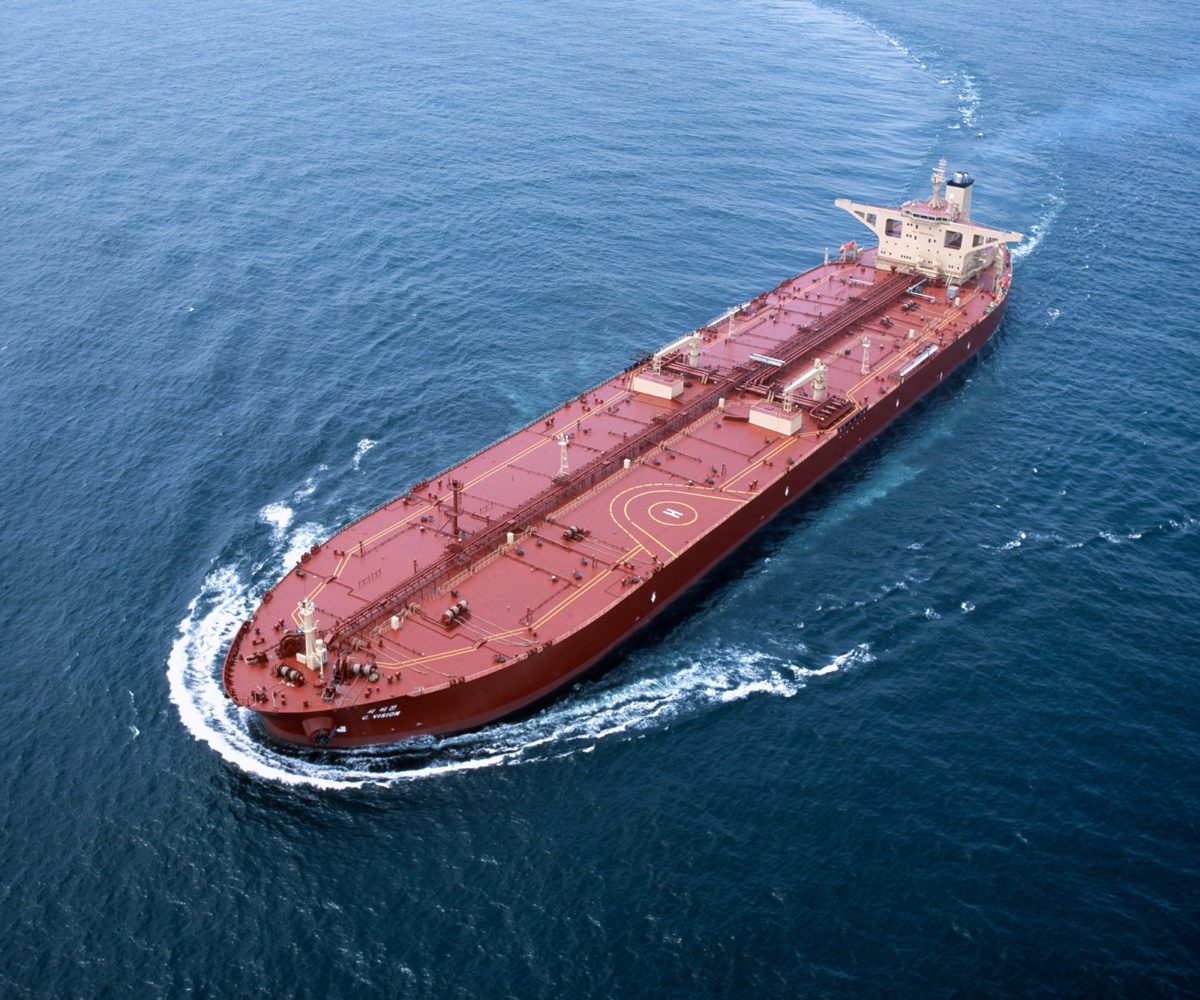Port of Antwerp Plans Namibia Hydrogen Harbor
(Bloomberg) — Port of Antwerp Bruges plans to develop a €250 million ($267 million) hydrogen and ammonia storage and export facility at the Namibian Port of Walvis Bay, together with...




![]()
![]()
SINGAPORE, Dec 16 (Reuters) – Freight rates for very large crude carriers (VLCCs), which climbed to a nine-month high this week, are set to remain firm on tight tonnage supply and strong cargo volumes, ship brokers said.
“Owners are very bullish. Charterers have been trying to split cargoes into two smaller Suexmax parcels to try to cool VLCC rates but that hasn’t been working because there is no tonnage available,” a European supertanker broker said.
“Ship owners will try to push VLCC rates close to 100 on the Worldscale measure if they get a chance but I’m not sure that is going to work either.”
Charterers appeared to be holding back some Middle East cargoes in an attempt to rein in rates, the broker said.
Saudi Arabian cargoes for January loading, expected to come out for charter earlier this week, have yet to be released.
“VLCC rates are probably going to remain firm for cargoes loaded in the first 10 days of January,” said Ashok Sharma, managing director of ship broker BRS Baxi Far East.
Around 23 cargoes from the Middle East have been fixed for loading up to Jan. 10, Sharma said.
Freight rates will subsequently fall due to increased vessel supply as newly built and repaired ships are delivered to owners by shipyards.
“I think rates for the second half of January will calm down. A lot of ships will become free after completing long voyages that will add to tonnage supply,” the European broker said.
About 135 cargoes from the Middle East were fixed for December loading compared with 139 in October and 134 in November.
There is more uncertainty over cargo volumes next month after the Organisation of the Petroleum Exporting Countries agreed to reduce production by 1.2 million barrels per day from Jan. 1.
Abu Dhabi National Oil Company told its customers that it will cut crude supplies by 3-5 percent but export volumes from Iraq will rise to the highest level since June.
VLCC rates from the Middle East and West Africa to Asia hit their highest level since March 16 on Thursday.
VLCC rates from the Middle East to Japan surged to W88.5 from around W79 a week earlier, equivalent to daily earnings of $65,858, data on Thomson Reuters Eikon showed.
Rate from West Africa to China climbed close to W83 from W76.75 in the same period.
Charter rates for an 80,000-dwt Aframax tanker from Southeast Asia to East Coast Australia fell to around W115 from W130.50. (Reporting by Keith Wallis; Editing by Manolo Serapio Jr.)
(c) Copyright Thomson Reuters 2016.
Join the gCaptain Club for curated content, insider opinions, and vibrant community discussions.


Join the 105,861 members that receive our newsletter.
Have a news tip? Let us know.
Access exclusive insights, engage in vibrant discussions, and gain perspectives from our CEO.
Sign Up




Maritime and offshore news trusted by our 105,861 members delivered daily straight to your inbox.



Essential news coupled with the finest maritime content sourced from across the globe.
Sign Up